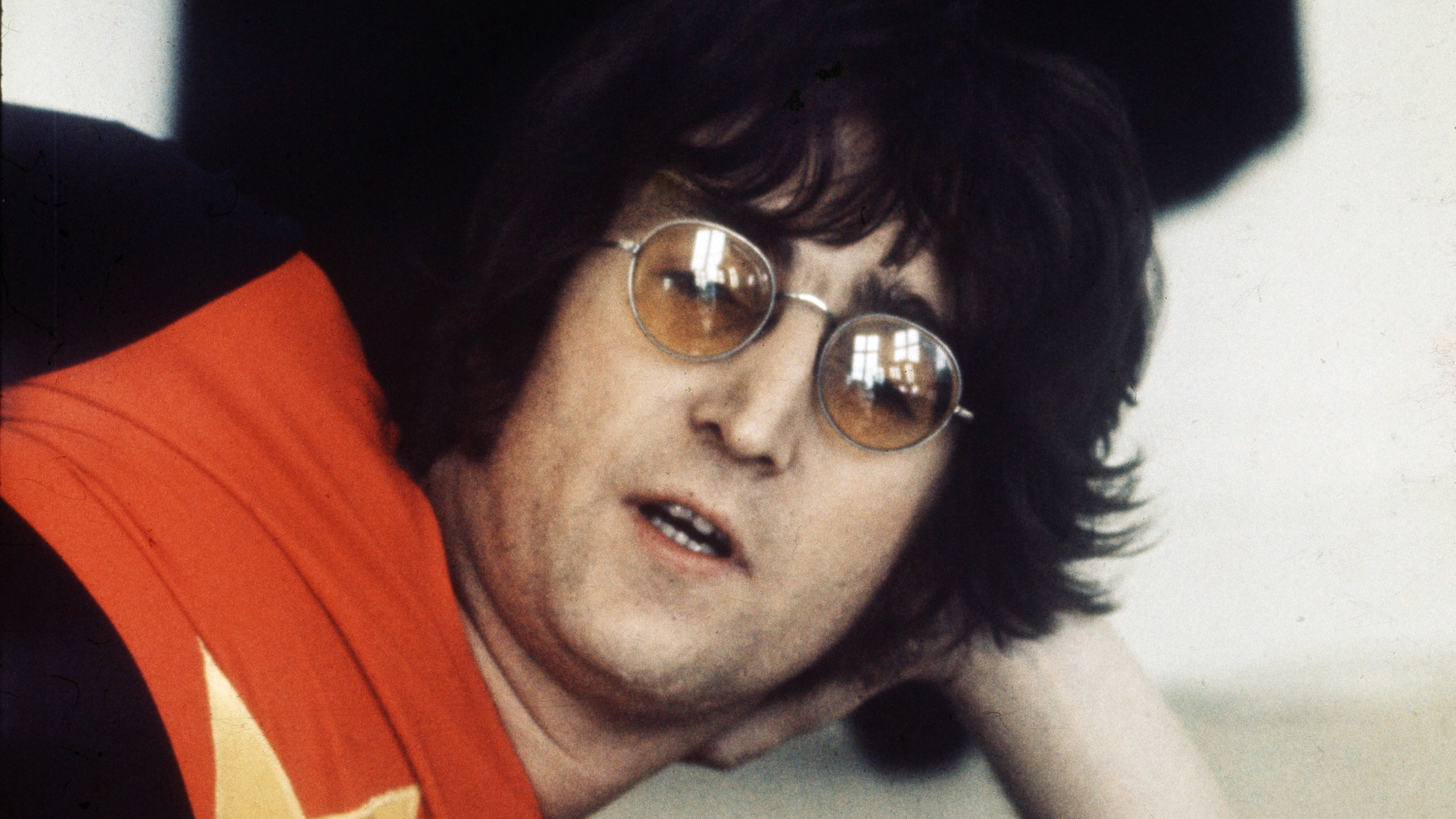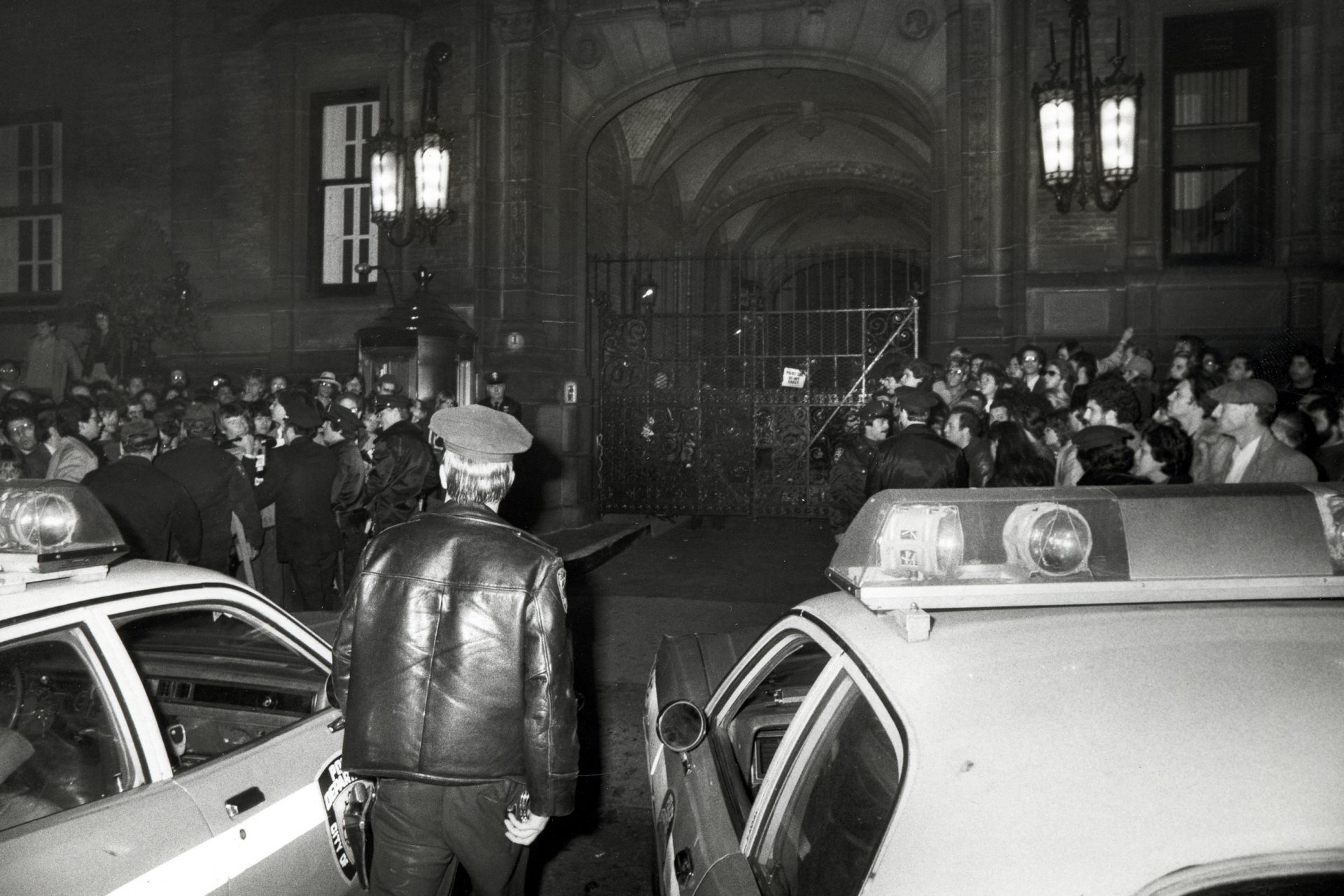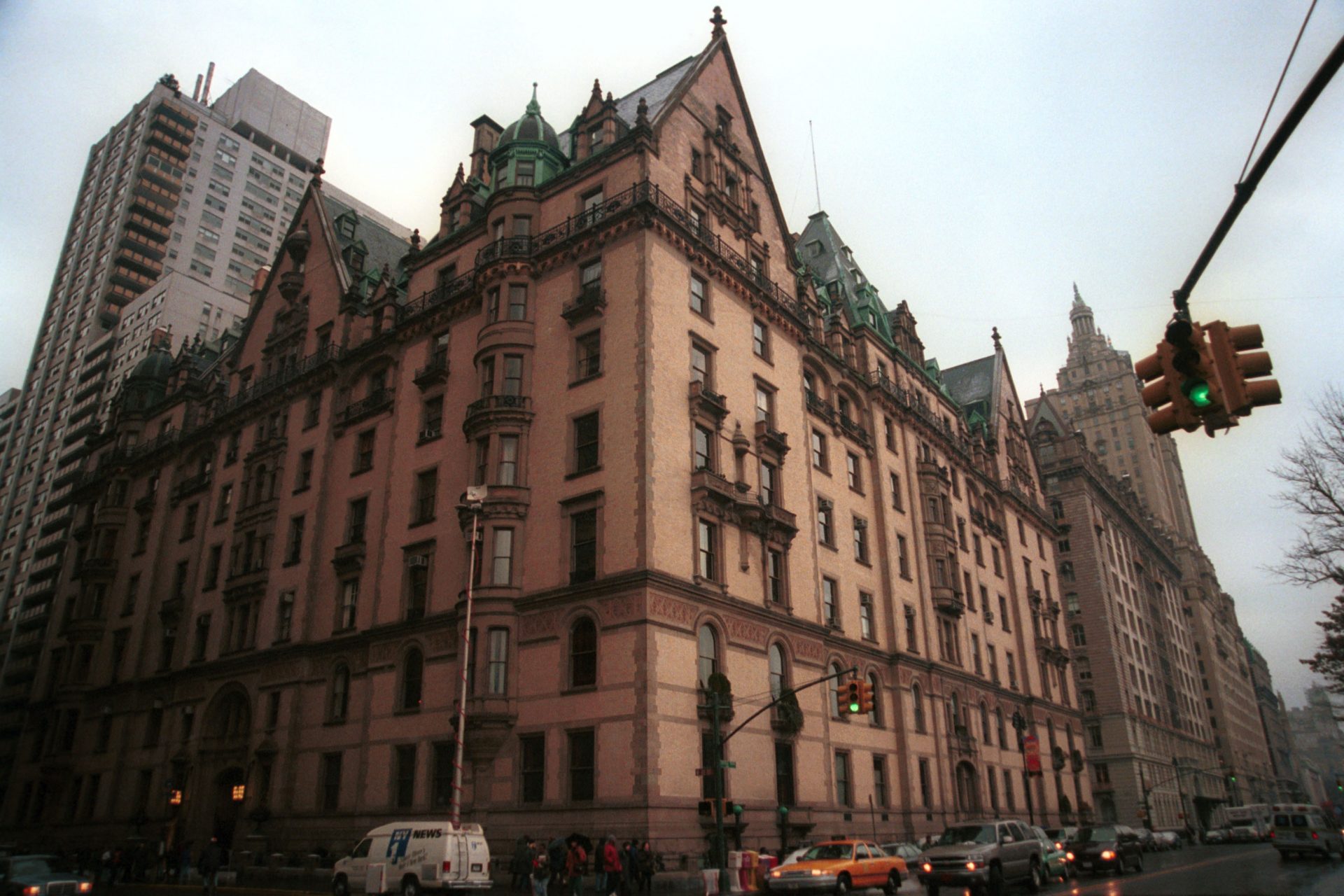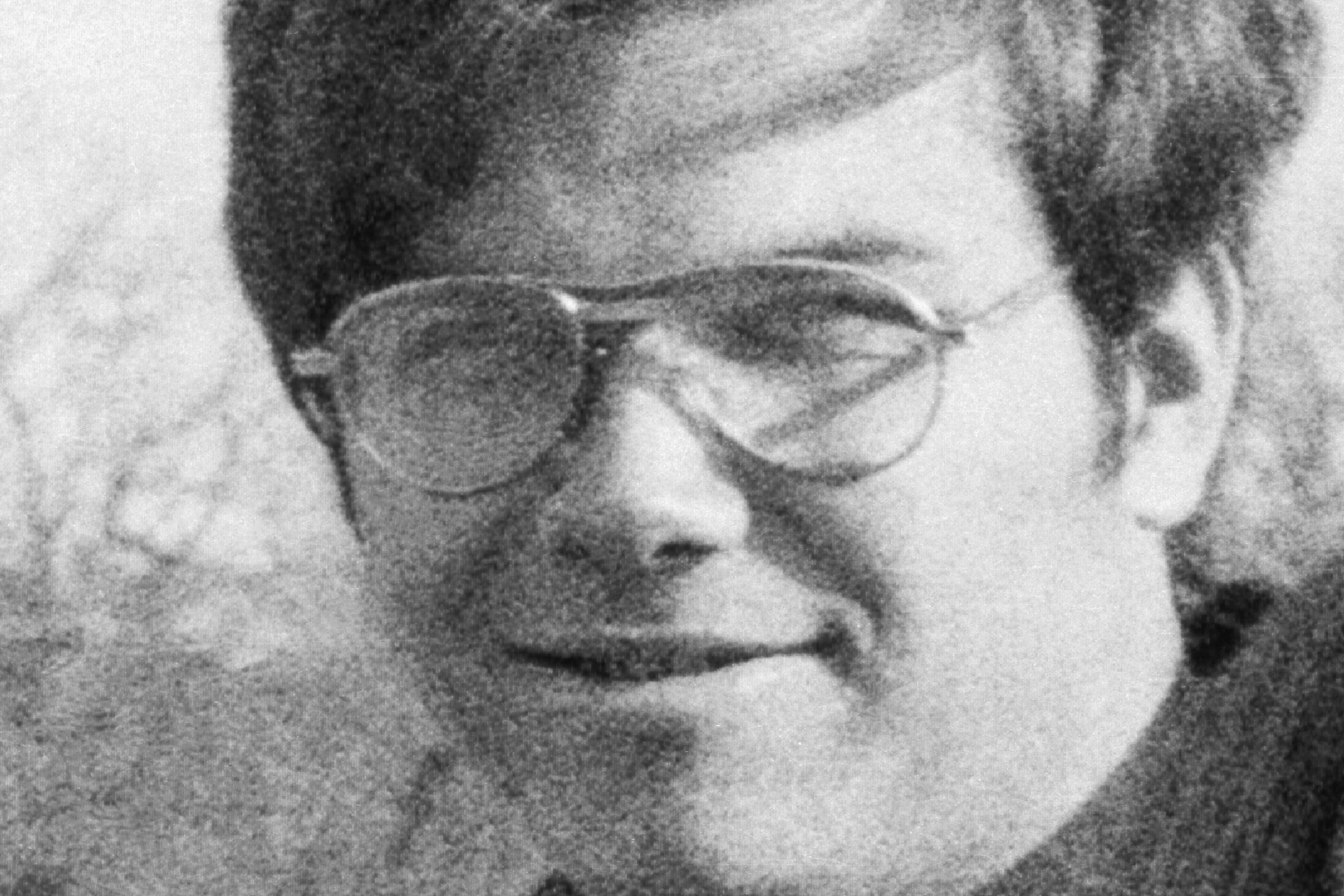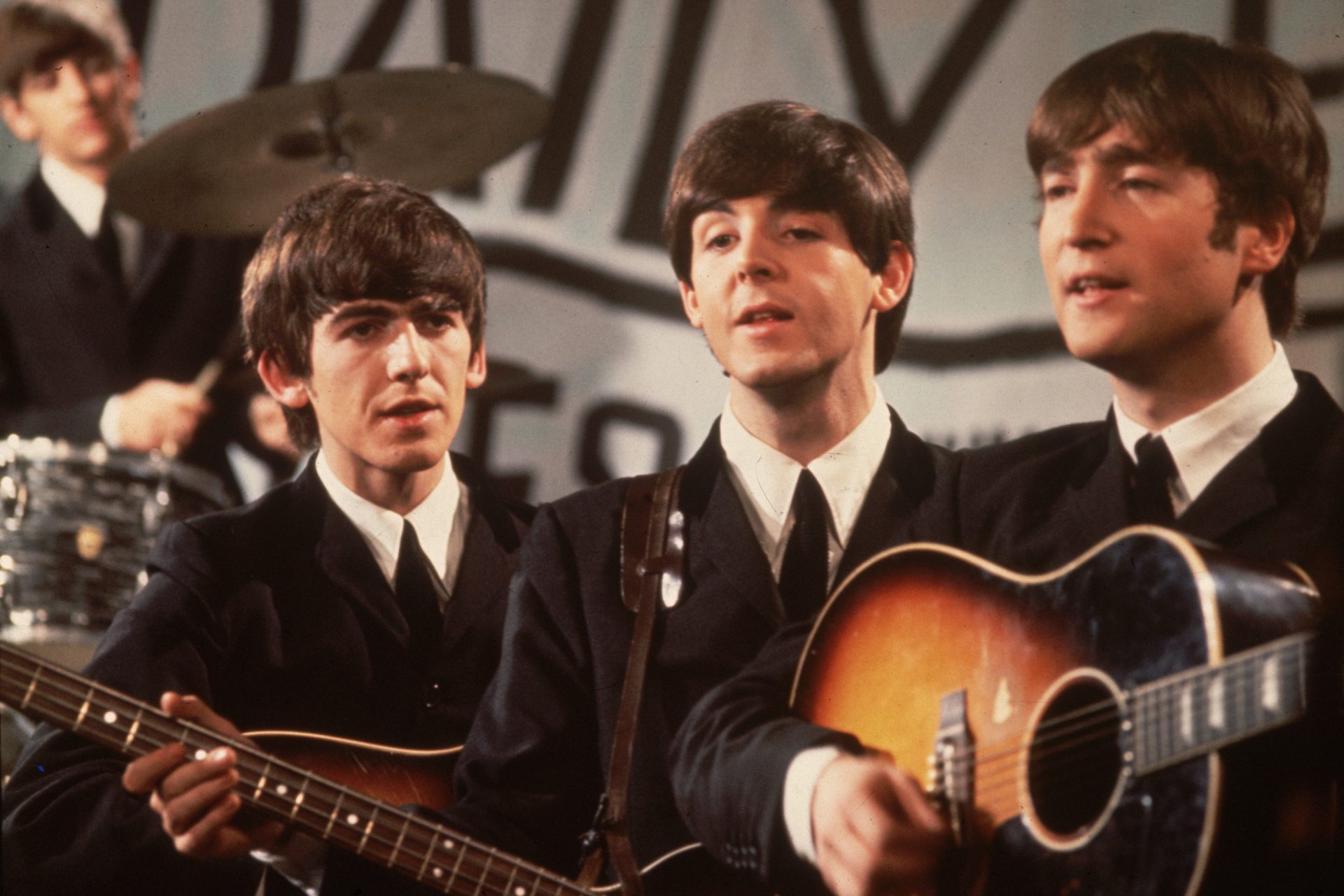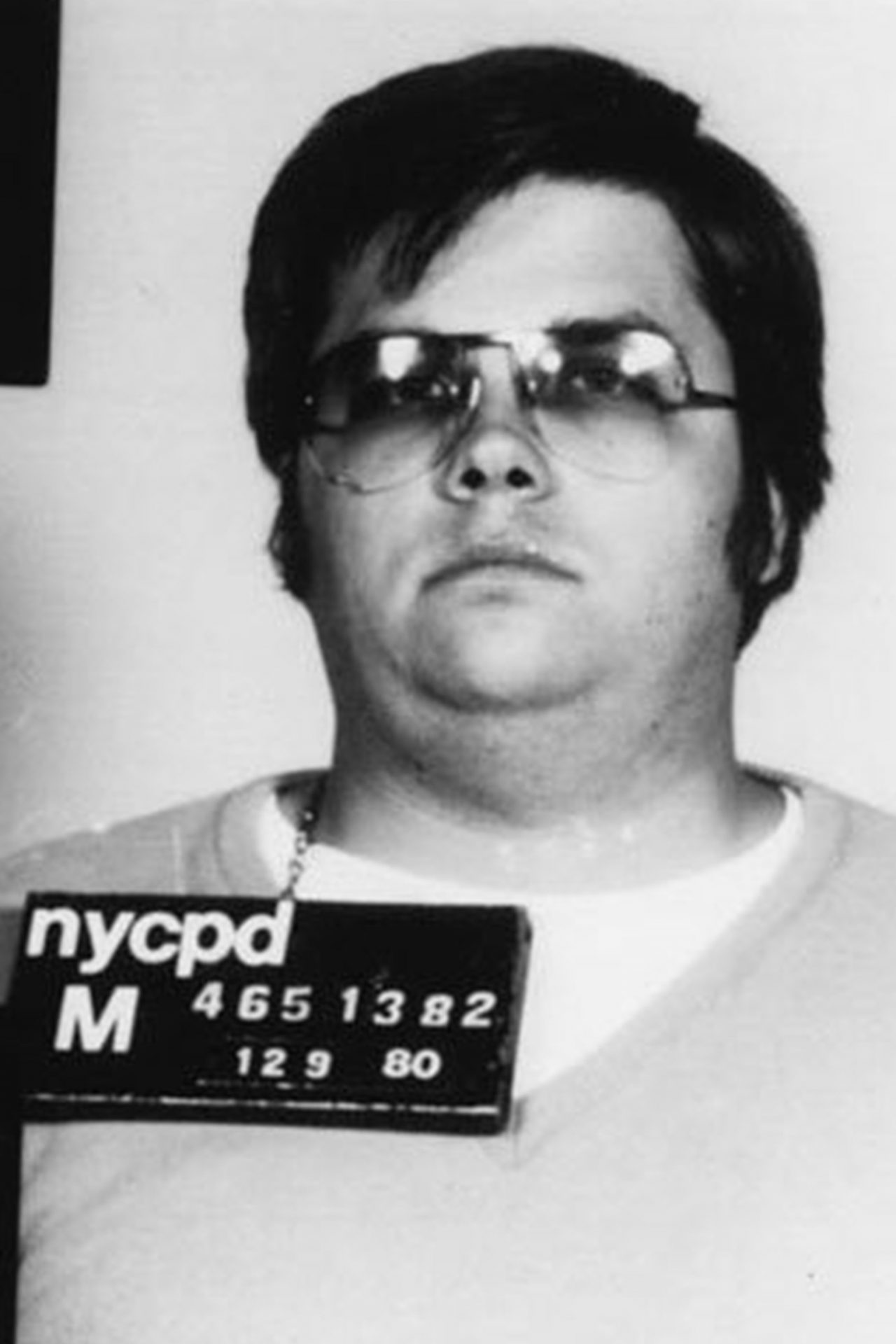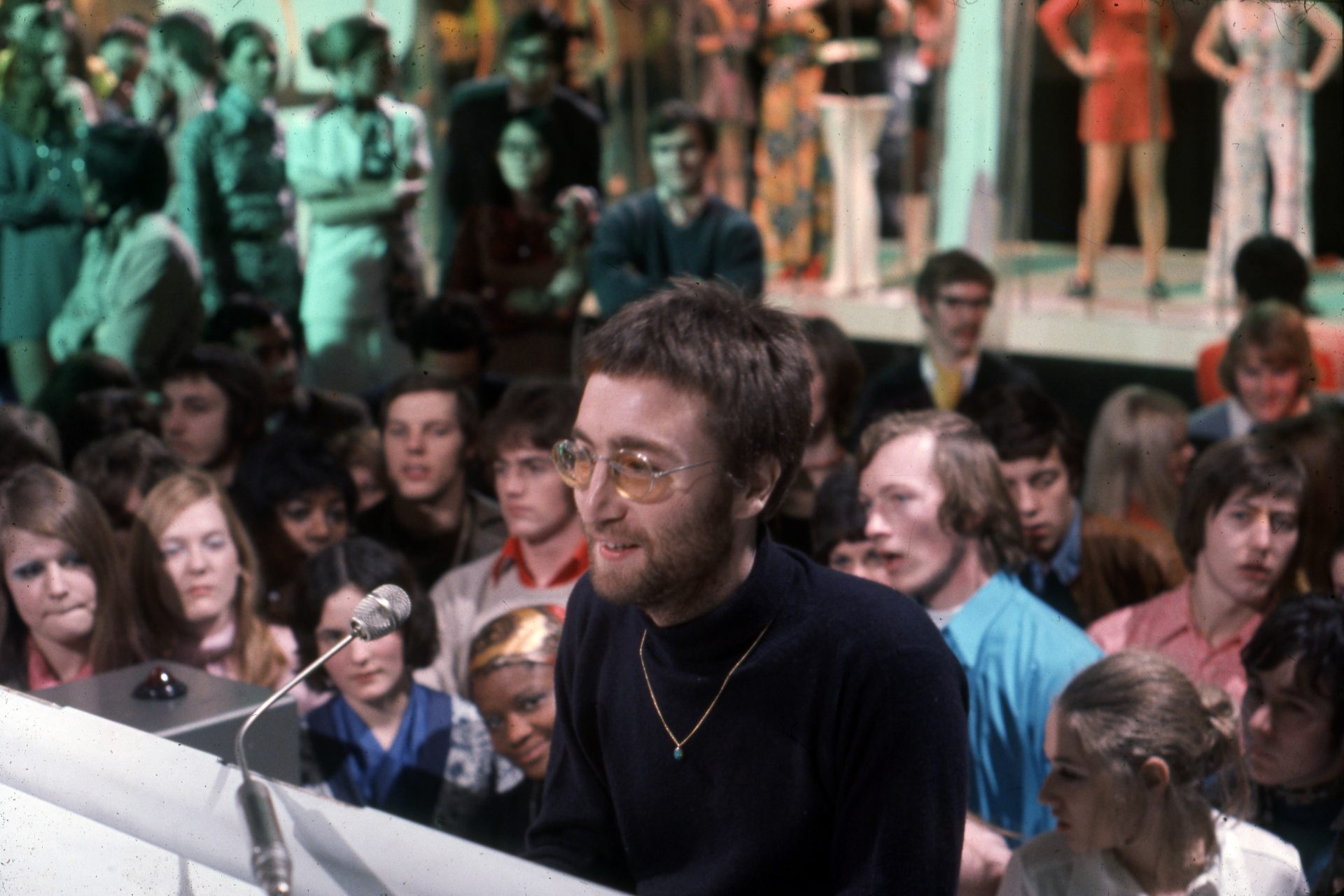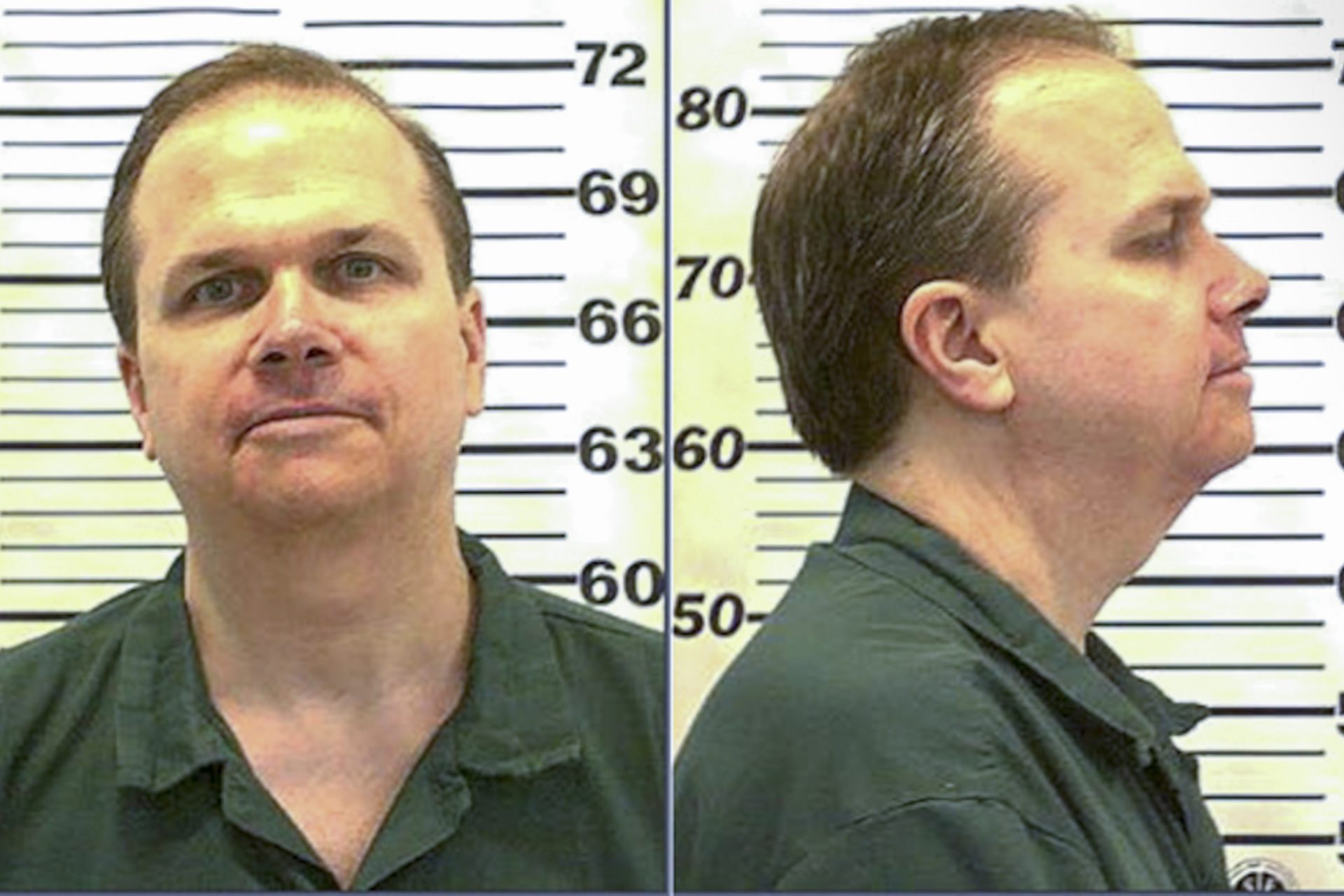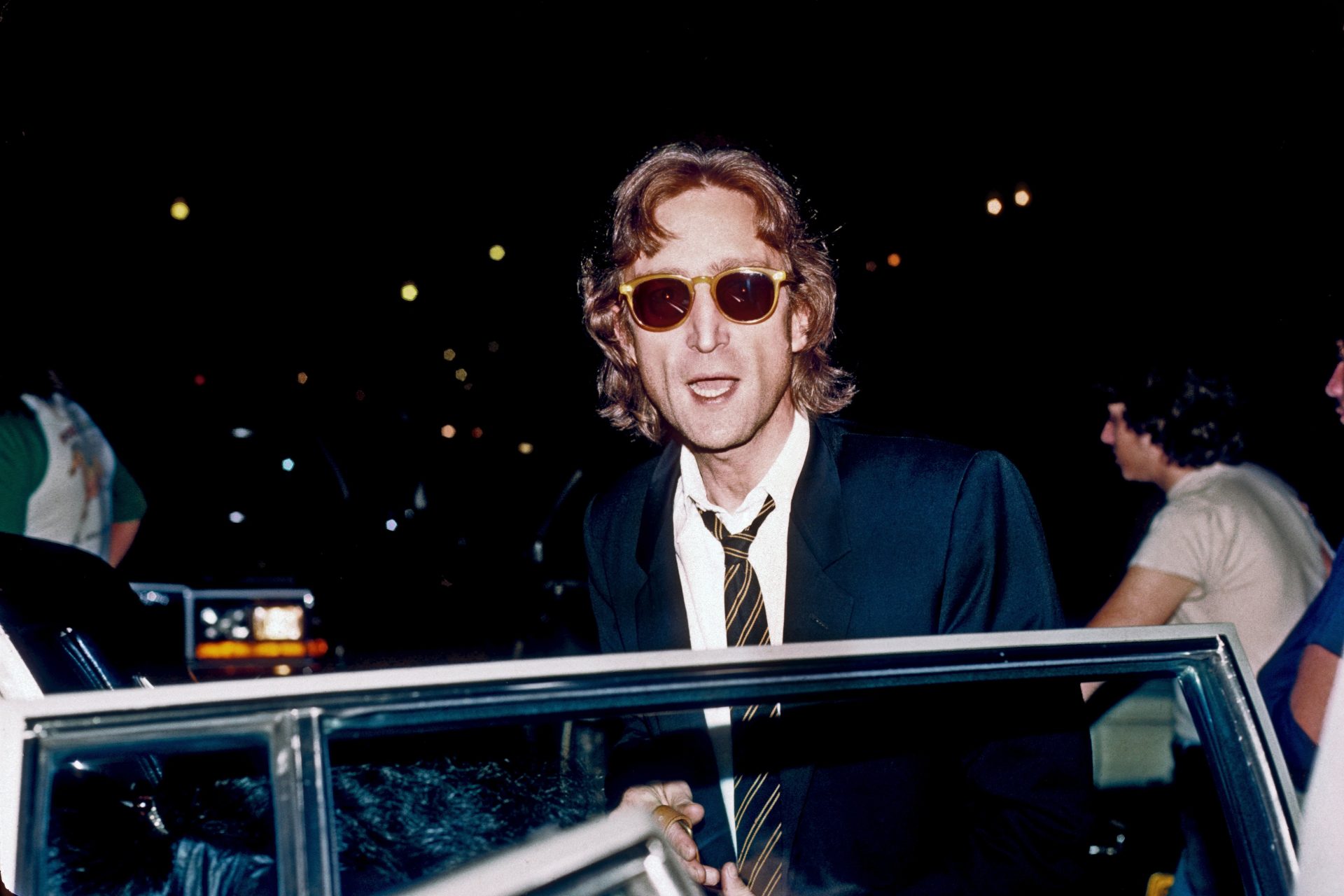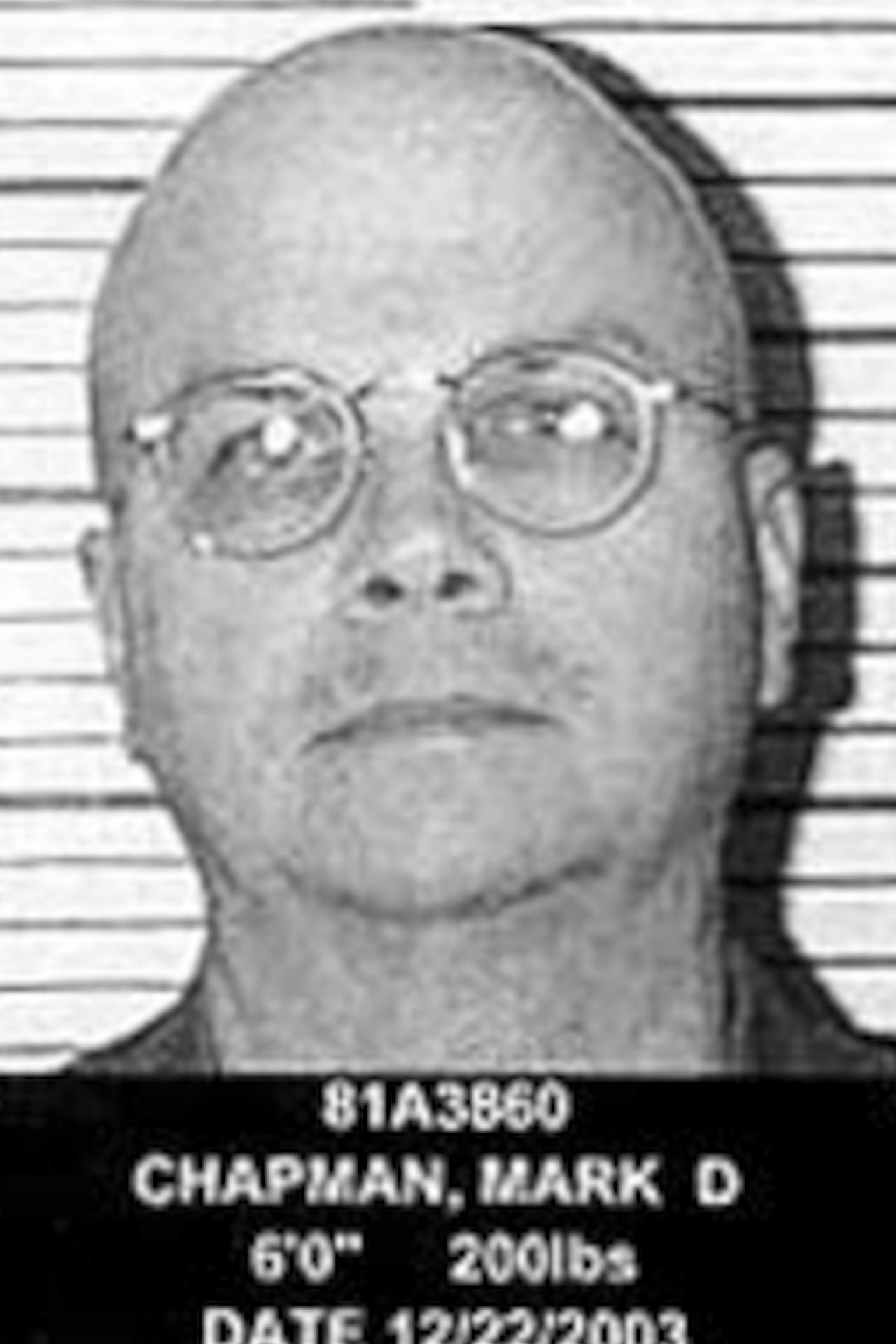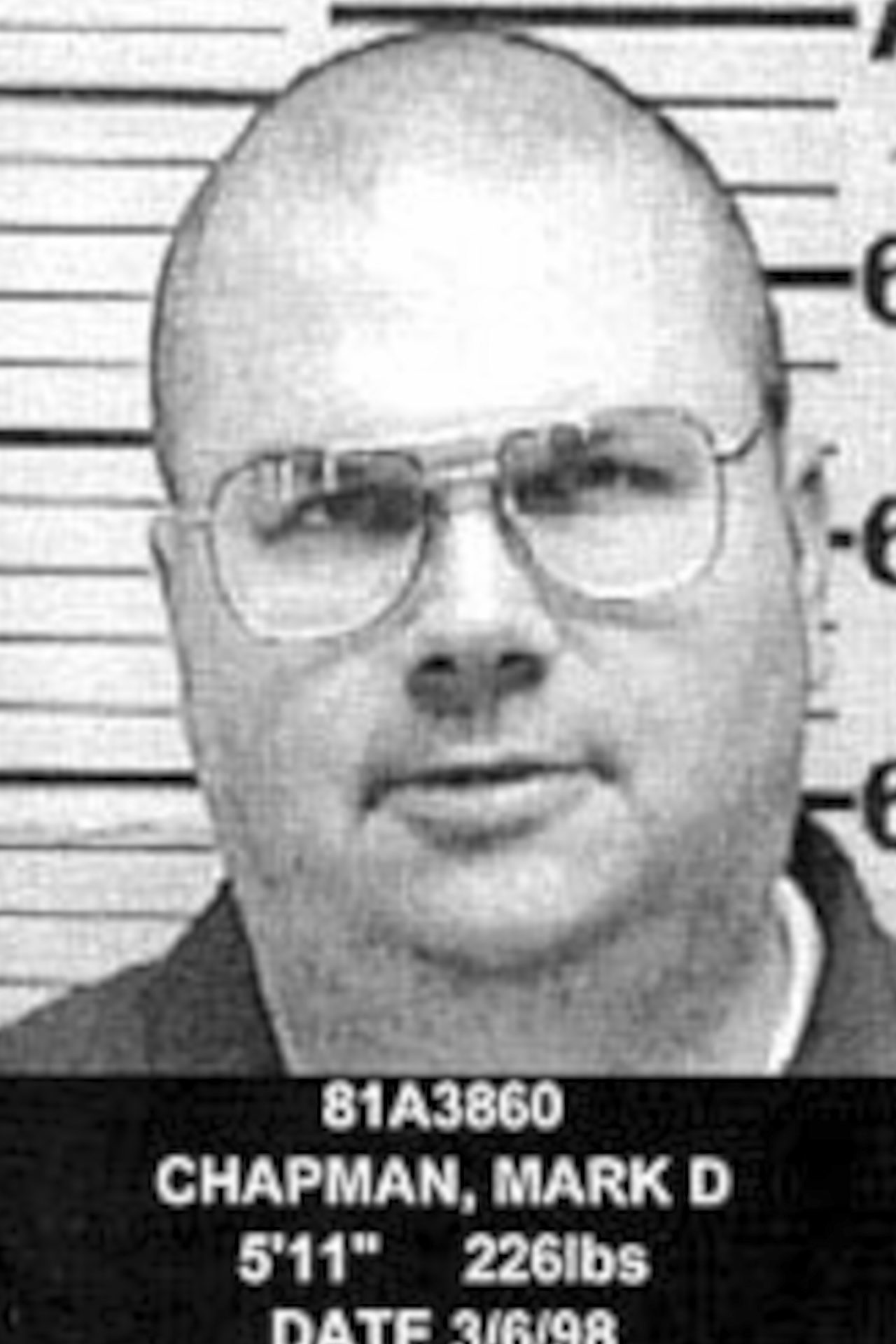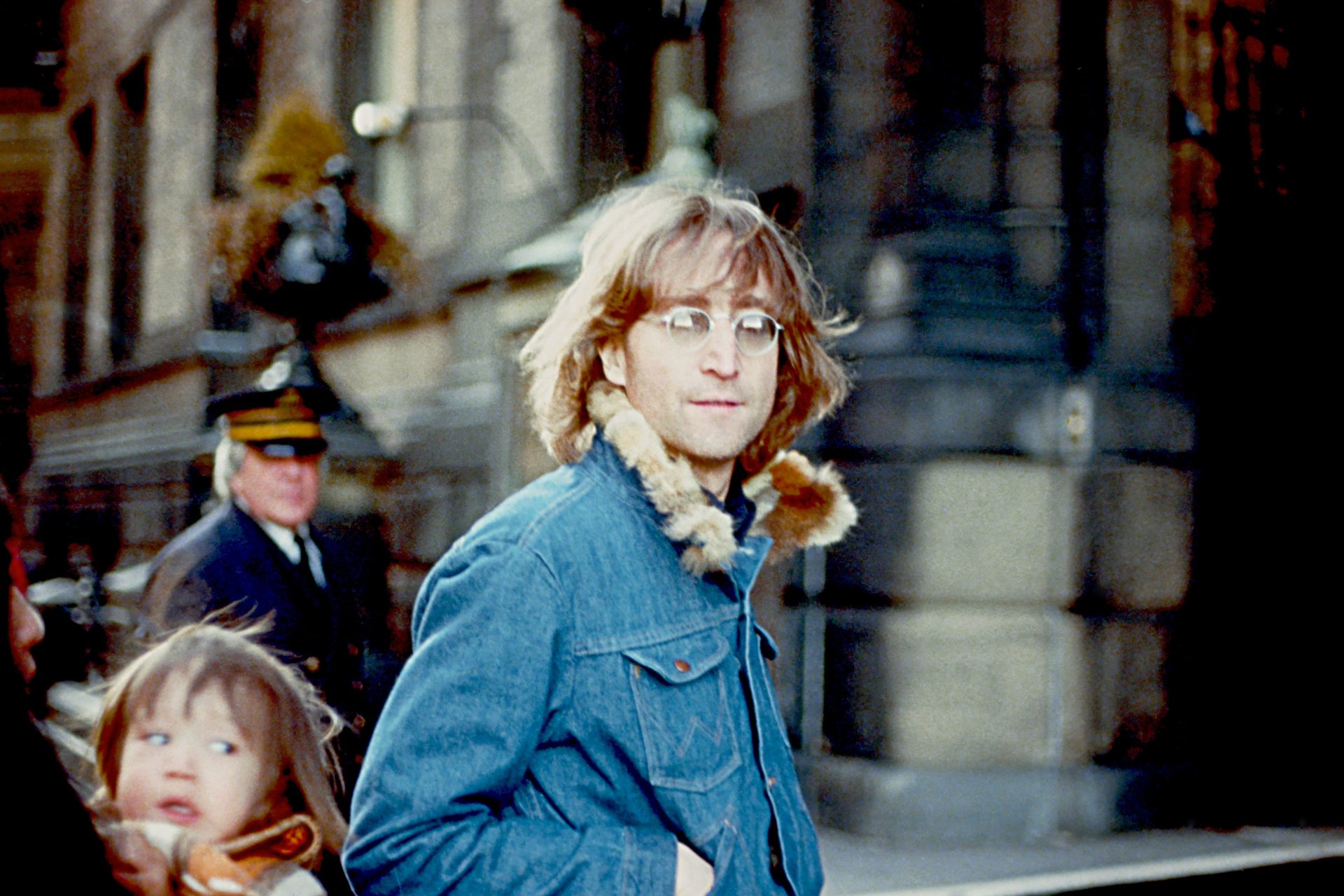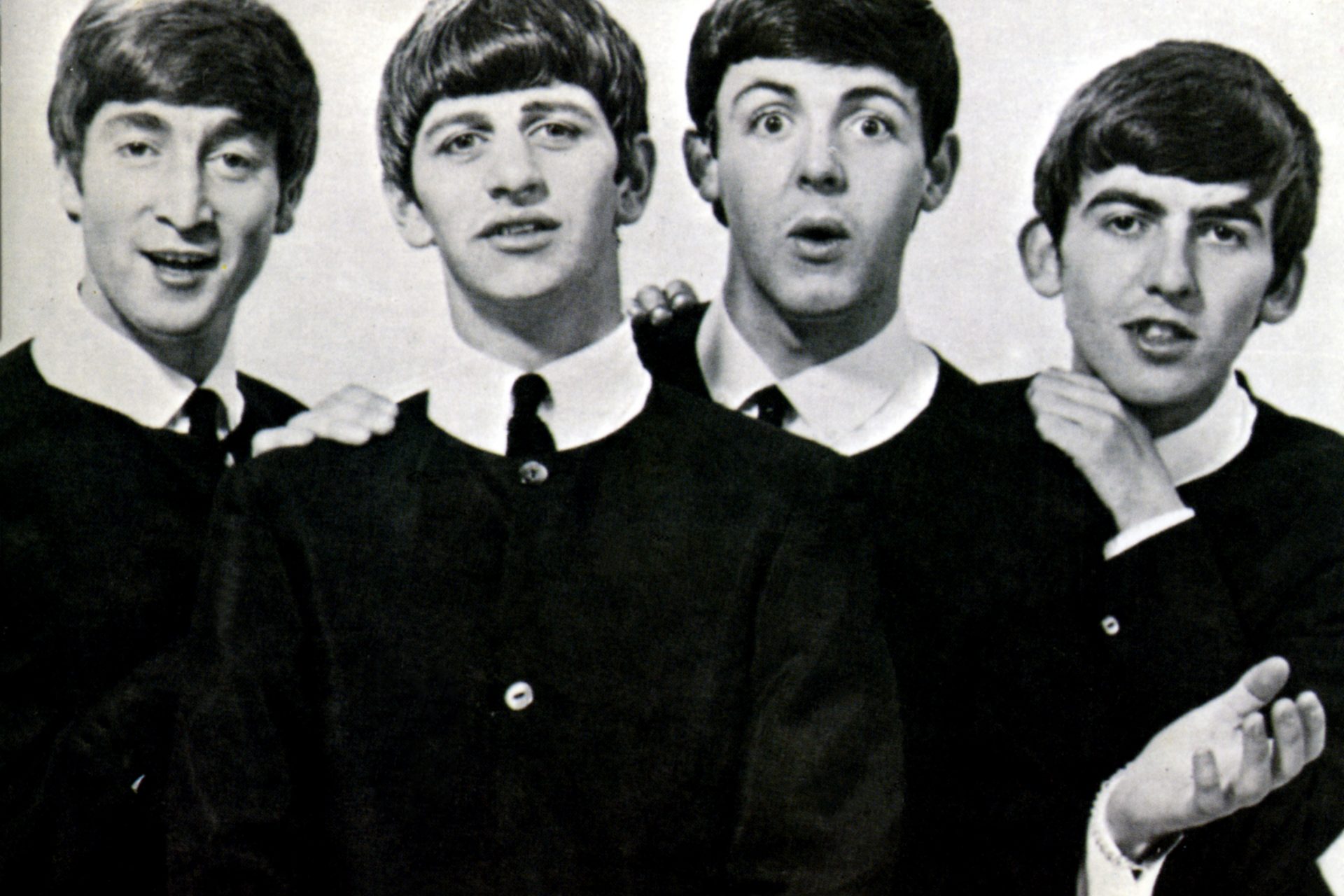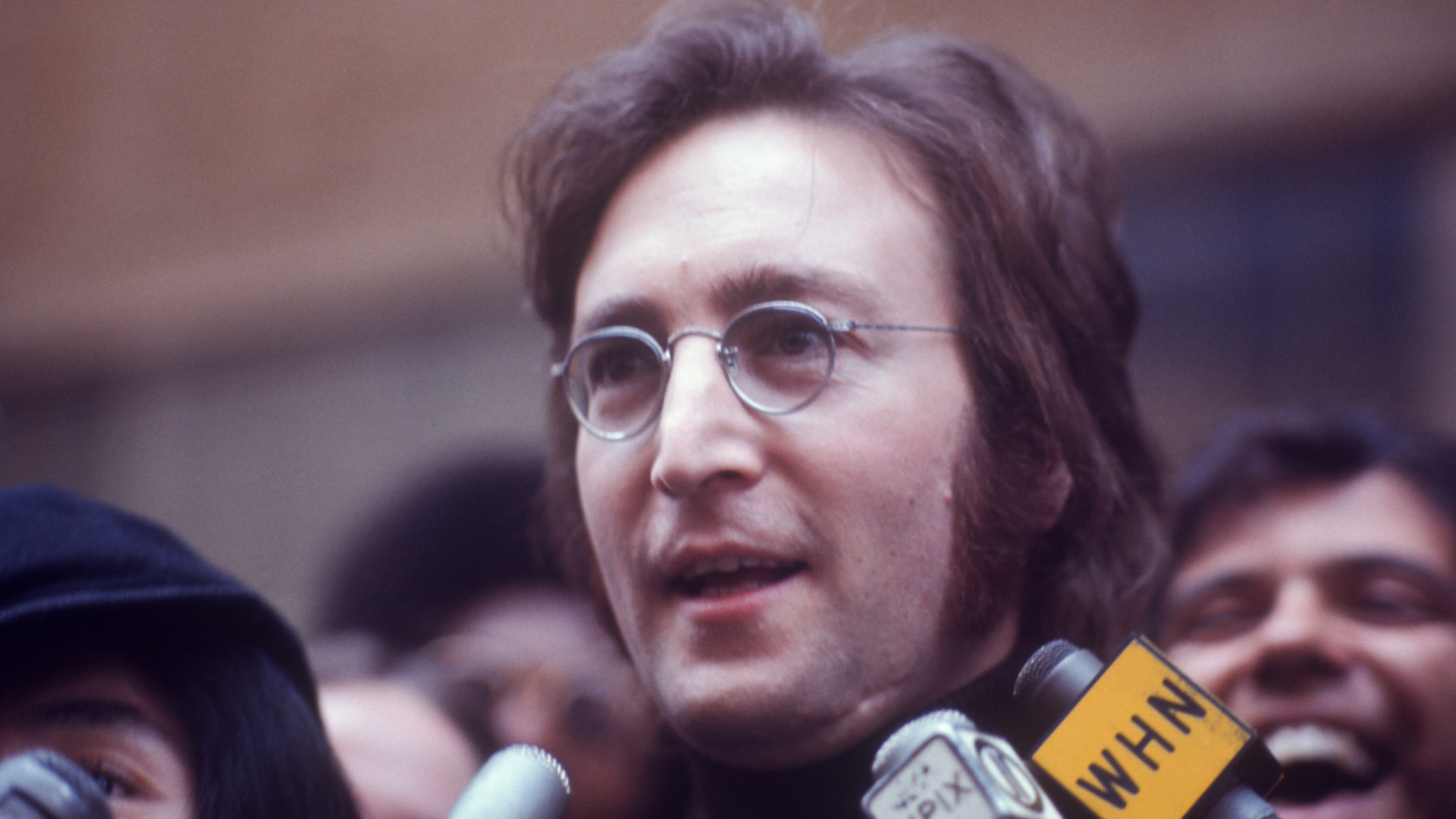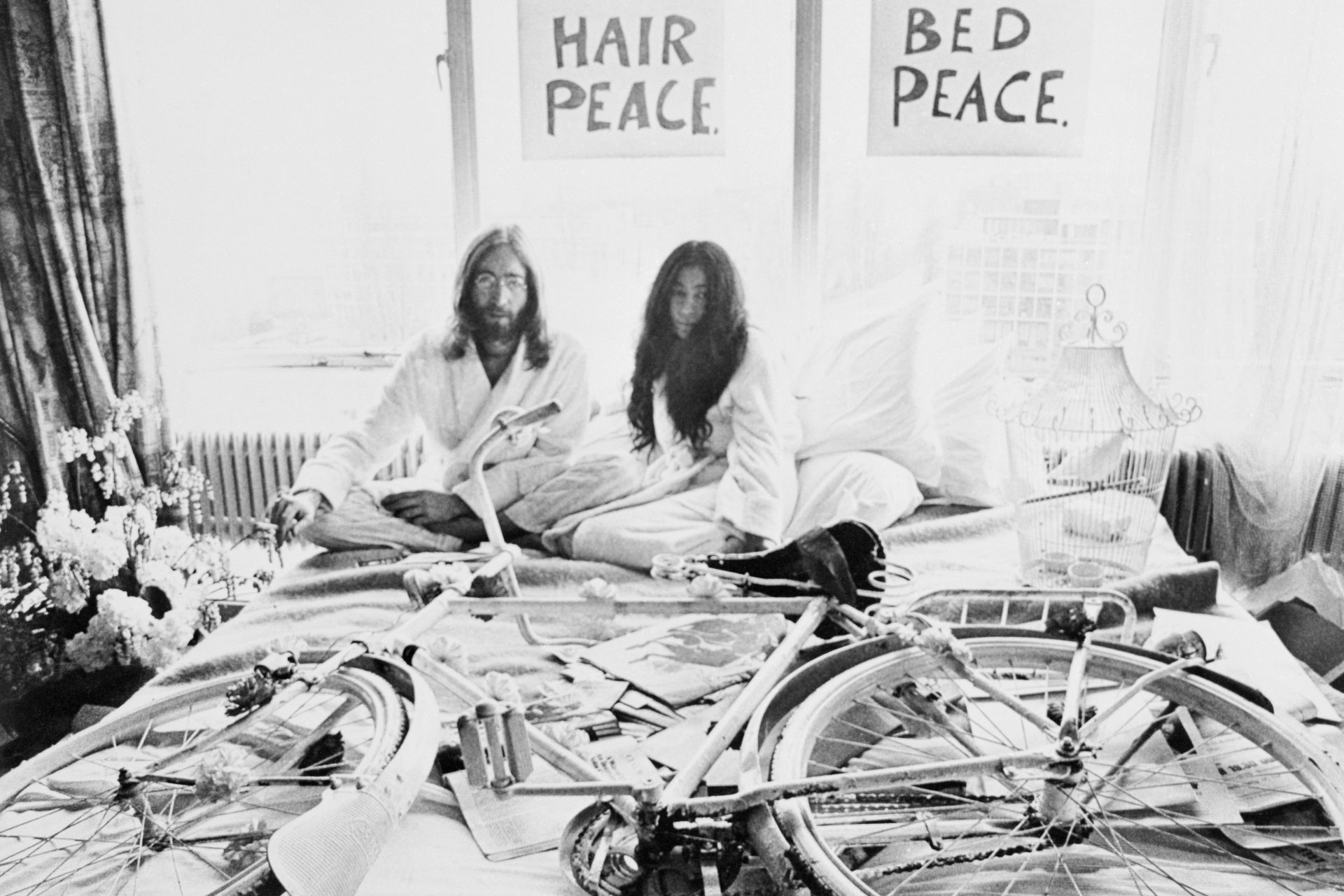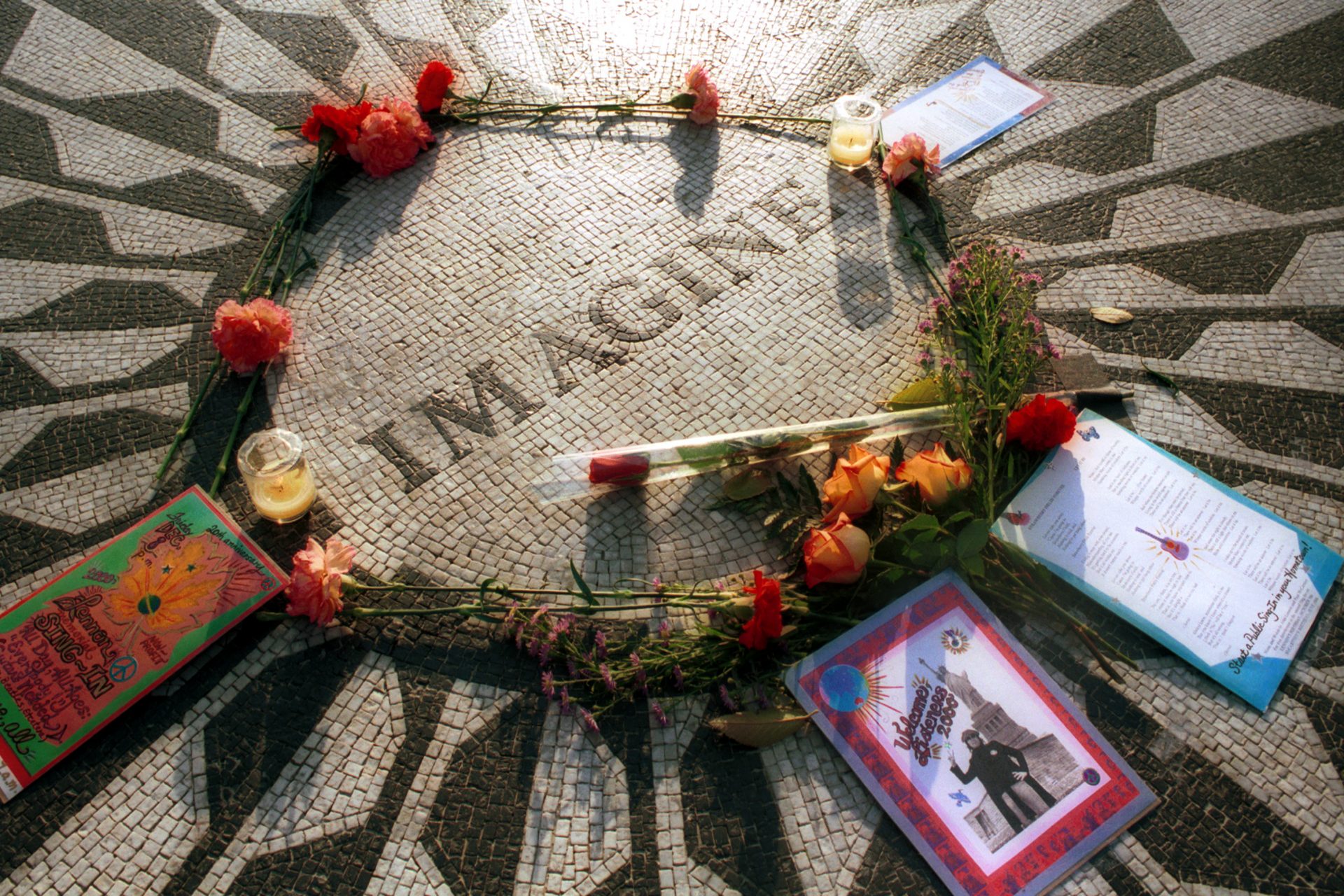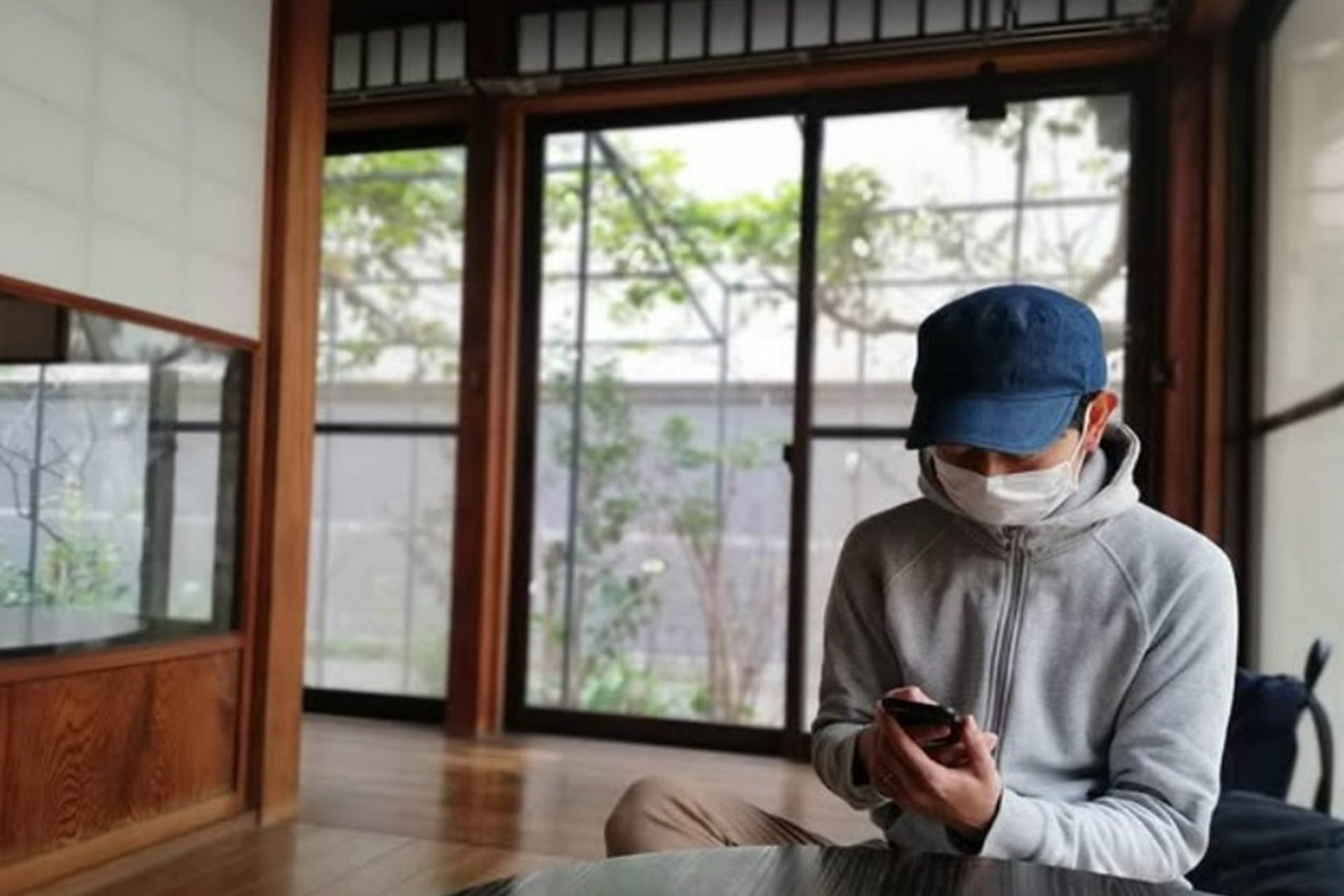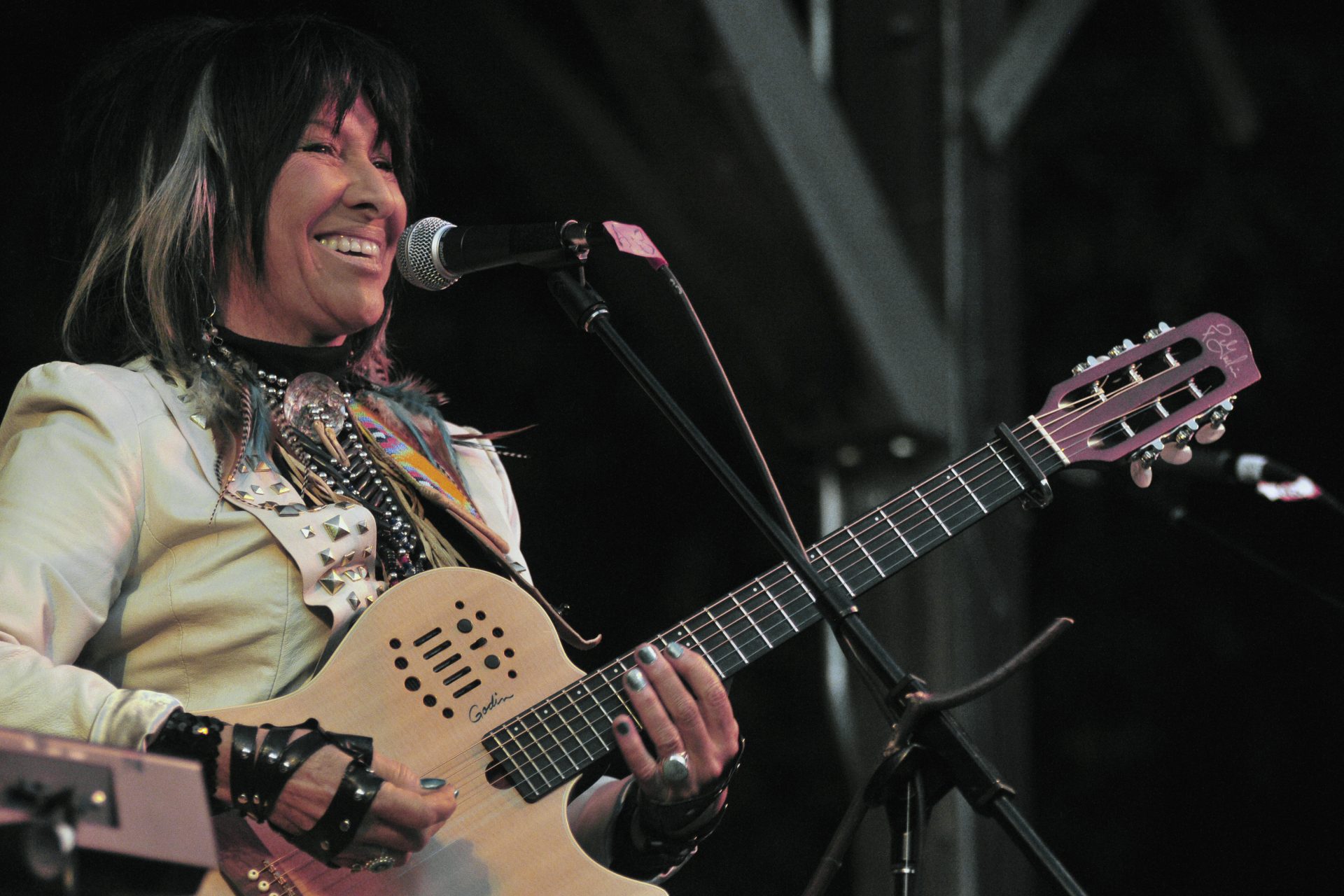John Lennon's death: What really motivated his murder?
Even more than 40 years later, John Lennon's assassination remains a topic ripe with speculation and various interpretations. The motives behind the shots fired at the singer are still shrouded in mystery.
The crime occurred on December 8, 1980, in front of the Beatles star's New York home. Mark Chapman, then 25, pulled out a revolver and fired five times at Lennon, with four bullets proving fatal. According to the BBC, Lennon was pronounced dead upon arrival at the hospital.
Chapman spent three months orchestrating the crime. On the fateful day, he positioned himself at the entrance of the Dakota Building, where Lennon lived, spending hours mingling with fans and chatting with the doorman.
Around 5 p.m., as Lennon and his partner, Yoko Ono, were leaving their home, Chapman asked Lennon to sign a copy of the 'Double Fantasy' album.
By approximately 10:50 p.m., as John Lennon and Yoko were walking back to their building, Chapman (pictured) fired at the Beatles legend. The doorman wrestled the gun from Chapman's hand and asked if he realized what he had done.
With a calm demeanor, Chapman acknowledged his full awareness of his actions and made no attempt to flee. He sat on the sidewalk, waiting for the police, while reading J. D. Salinger's 'The Catcher in the Rye.'
Before his trial, numerous psychiatrists and psychologists interviewed the perpetrator. The conclusion from six defense experts was that Chapman was suffering from psychosis, as detailed in the documentary series 'John Lennon: The Unjudged Murder' (2023 - Apple TV).
On the flip side, three experts from the prosecution diagnosed him with personality disorders. However, other professionals appointed by the court determined he was delusional but still capable of standing trial.
In January 1981, Chapman's defense attempted to plead insanity but, in a dramatic turn of events, by June of the same year, Chapman pleaded guilty, claiming it was the will of God.
Mark Chapman was sentenced to life in prison. However, his sentence allowed for the possibility of parole after 20 years behind bars.
By 2000, he became eligible for parole hearings every two years. Despite efforts, all requests have been denied to date, and he remains imprisoned.
As reported by the Associated Press in 2022, during a parole board hearing, Chapman admitted to knowing the immorality of his actions and confessed to being driven by a shocking motive.
"I just saw his face and it seemed like it all came together, the solution to my problem of being confused and feeling like a nobody," he said. "And I said, 'Wouldn't it be something if I killed this individual? I would become famous, I would be something other than a nobody.' And that was my reasoning at the time."
Among other reasons that motivated the murderer, Chapman, who was a born again Christian, began to detest Lennon's lyrics, especially God, a 1970 song where the singer claims not to believe in Jesus or the Bible, and describes God as "a concept."
Another statement by Lennon that contradicted Chapman's beliefs was made to journalist Maureen Cleave in an interview published in the London Evening Standard on March 4, 1966. He said, The Beatles are "more popular than Jesus."
According to writer Jack Jones in his book, 'Let Me Take You Down: Inside the Mind of Mark David Chapman, the Man Who Killed John Lennon,' even as Lennon attempted to retract his statement to the press, Chapman felt extremely offended.
Chapman deemed the statement blasphemous, believing no one should be more popular than the Lord Jesus Christ.
The peacenik song 'Imagine' also enraged Chapman. In the biography 'John Lennon: A Life from Beginning to End,' author Philip Norman quotes a striking argument made by Chapman.
"He told us to imagine no possessions and there he was, with millions of dollars and yachts and farms and country estates, laughing at people like me who had believed the lies and bought the records and built a big part of their lives around his music," said the man who would go on to end Lennon's life.

